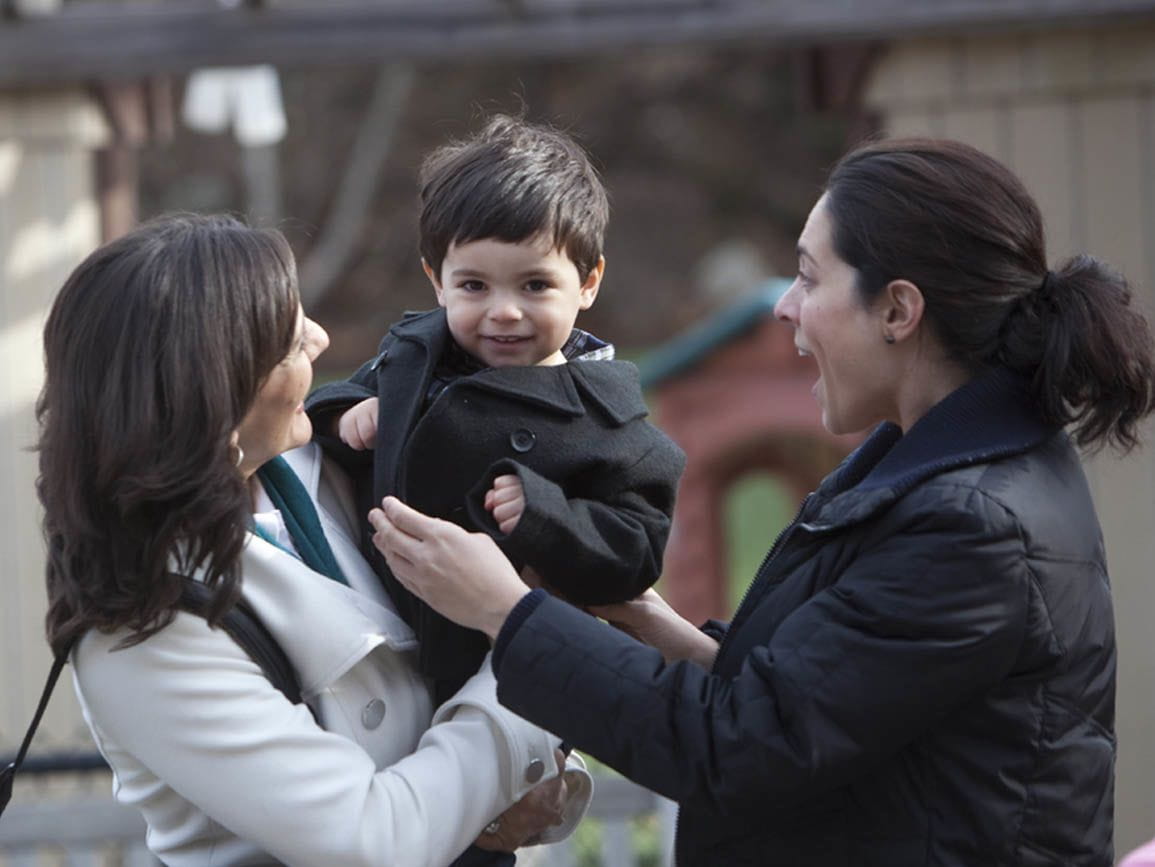Parents struggle to find a balance between providing their children with every possible opportunity and worrying about harming their children by overscheduling them. The number of activity options seems to be expanding by the minute, and every child and family’s situation is different. There is no one simple answer, but the following ideas can help families craft a routine that works best for them.
Benefits of Extracurricular Activities
- Children involved in a variety of activities have the opportunity to meet, work with, learn from, and enjoy many diverse people with multiple perspectives, expertise, and cultures.
- Many enrichment opportunities and activities not only provide new learning but also enhance children's core learning. For example, art supports science learning and music supports mathematical thinking.
- Being involved in extracurricular activities can develop a lot of important life skills and abilities such as responsibility, initiative, team-building, time management, and perseverance.
- A diverse array of activities is available for children: music lessons, team sports, karate, language learning, and more. All of these activities can enrich a child's life, and expose them to learning and possibilities that might not naturally occur in their lives.
- For children who don't always experience success in school, extracurricular activities can provide them with opportunities to find their niche, excel, and build their self-confidence and self-concept.
Drawbacks of Extracurricular Activities
- When children are rushing from one thing to the other, the learning and benefit can sometimes be lost. Everyone needs time to digest, reflect, and practice new learning before adding more.
- Unscheduled free time has its benefits. Many, including the late Steve Jobs, are strong proponents of unguided creative free play citing that free play builds imagination, creativity and innovation. A busy schedule often crowds out these moments. Author Manoush Aomorodi offers great strategies on how boredom can help unlock productivity.
- Even if your child is enjoying the activities, if the schedule causes you stress it is likely not worth it. Children will always benefit more from a positive stress-free family life than they will from more activities in their day.
- A busy schedule can impact a child's overall health. If you find yourself in the drive-thru multiple times a week, extending your child's bedtime to accommodate activities, or requiring hours of sedentary activity to practice, then your child's health is likely impacted. These things may not make a difference if they happen once in a while, but sleep, nutrition, and physical activity are essential for learning, physical growth and development, brain function, and health—much more important than Little League.
- If a child repeatedly excels at a specific activity it can seem like an obvious positive. But it can also be a negative. If a child only experiences winning or success, she may become less willing to try new things, less able to cope with adversity or losing, and the focus may shift from learning and growing to achievement. Additionally, if children focus in on only one activity too early, they miss an array of developmental experiences.
Finding the Right Balance for Your Family
The next step toward making decisions about your child's schedule is to ask yourself a few questions.
It is important to not only evaluate your child's needs and experiences, but your own expectations and motivation as well. These questions should be answered for each individual child and at least yearly as they grow and change.
- Do I allow my child to choose the activities they are involved in?
- Are my expectations age-appropriate?
- Am I able to function as a parent and fan, rather than a coach or critic?
- Does my child enjoy the activities?
- Is my child able to experience some success at the activity (this doesn't necessarily mean winning—it means learning new skills and progressively improving)?
- Do the activities put a stressful burden on me in any way?
- Does the schedule allow my child to still participate in typical childhood activities like birthday parties, a play date at a friend's house, or family gatherings?
- Is my child able to learn and maintain healthy habits such as eating balanced meals, experiencing daily exercise, getting adequate rest, and for older children, keeping up with homework?
- If my child wanted to quit his activity, would I be okay with that?
Giving serious thought to each of these questions before your child starts a new activity will help you feel more secure about your choices resulting in a "just right" schedule for you and your child. In the end, the best routine for your child will be the one you create with his/her unique personality and interests in mind.
Teach. Play. Love Podcast – Bored? Good!
Hear Bright Horizons early education experts discuss the value of boredom, the importance of leaving parts of the day unscheduled, and ways your child can turn downtime into a meaningful experience full of exploration and imagination.
More on Managing Your Child’s Schedule
- Discover ideas for increasing your child's free time.
- Learn how to find and balance family time with these easy weekday family activities.
- Watch our webinar for tips to help organize your family’s busy schedule.





